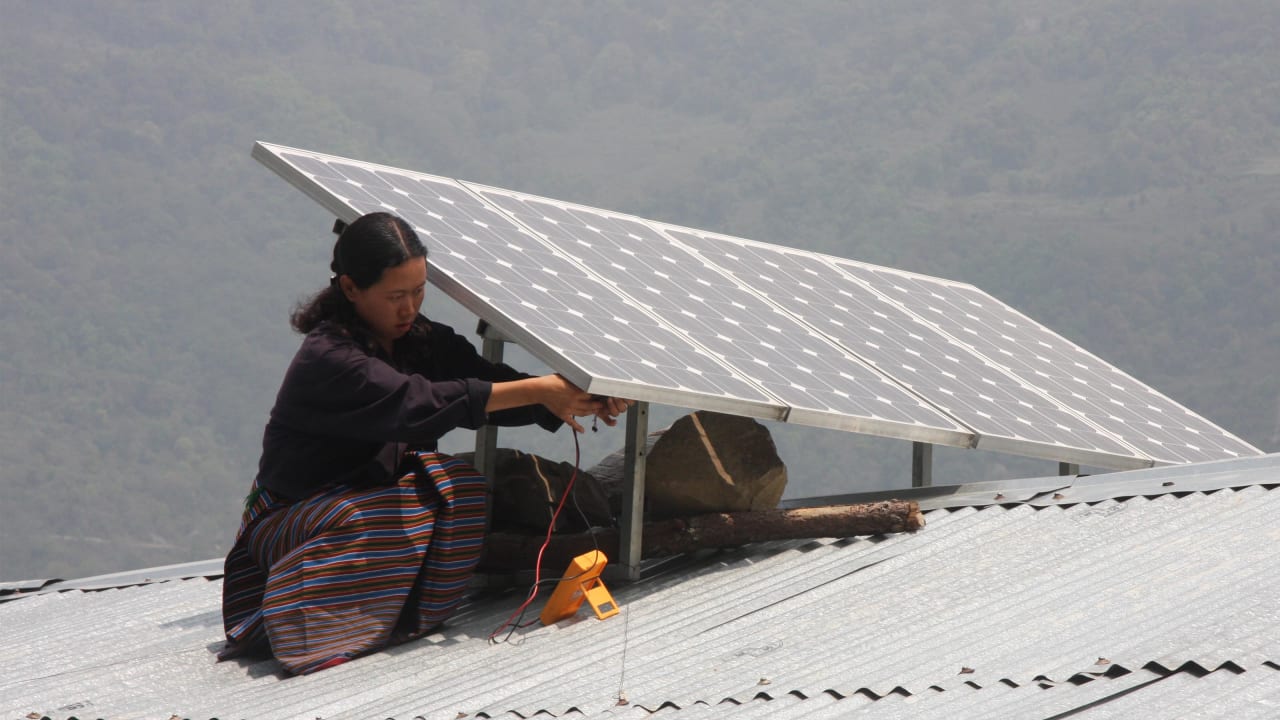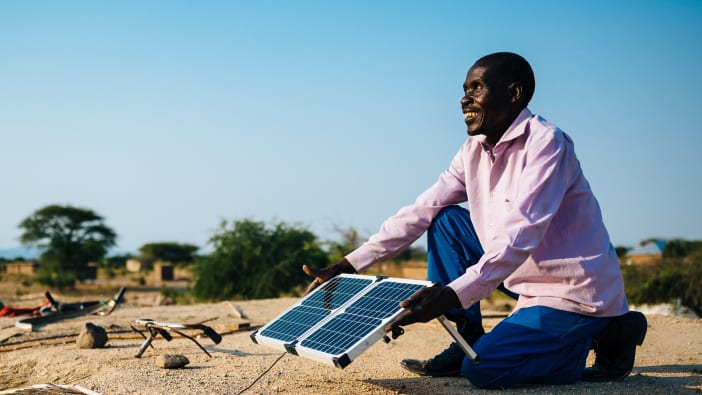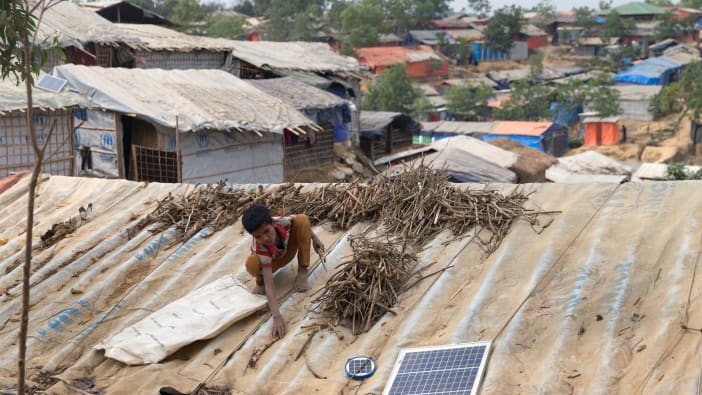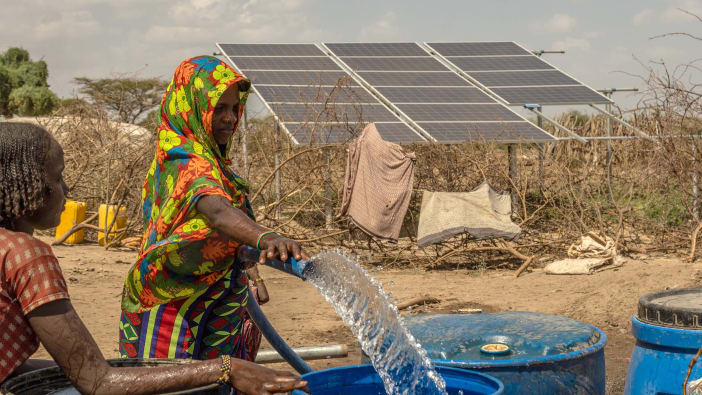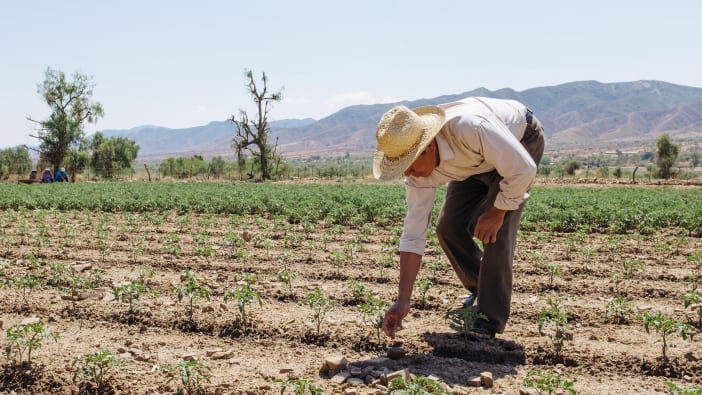Oil and gas need to be phased out rapidly in all regions of the world if we are to achieve global climate change goals and avoid the worst impacts of climate change. Renewables already provide cheaper power generation for most people in the world. Clean energy offers countries a huge opportunity for job creation, sustainable economic development and poverty reduction, allowing them to leapfrog and transition away from polluting fossil fuels.
This briefing paper and accompanying FAQs (available on the ODI website) examine the evidence on the relationship between oil, gas and poverty, as well as key considerations in supporting energy pathways to transition to low-carbon development.


